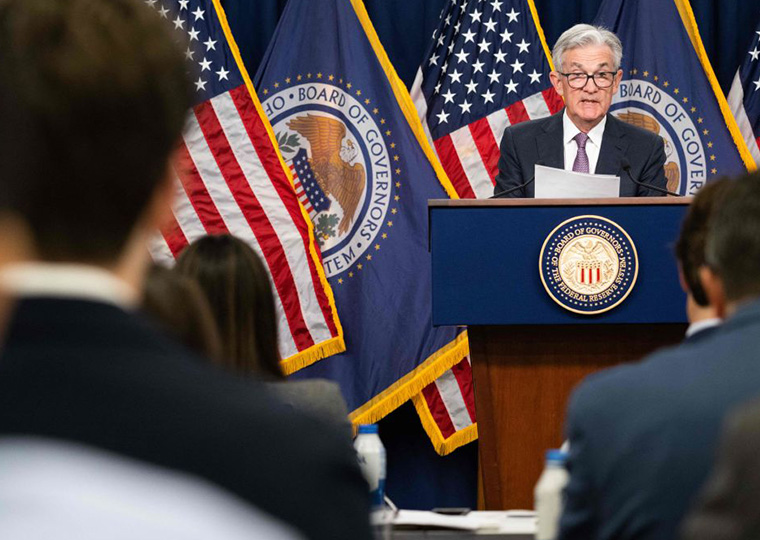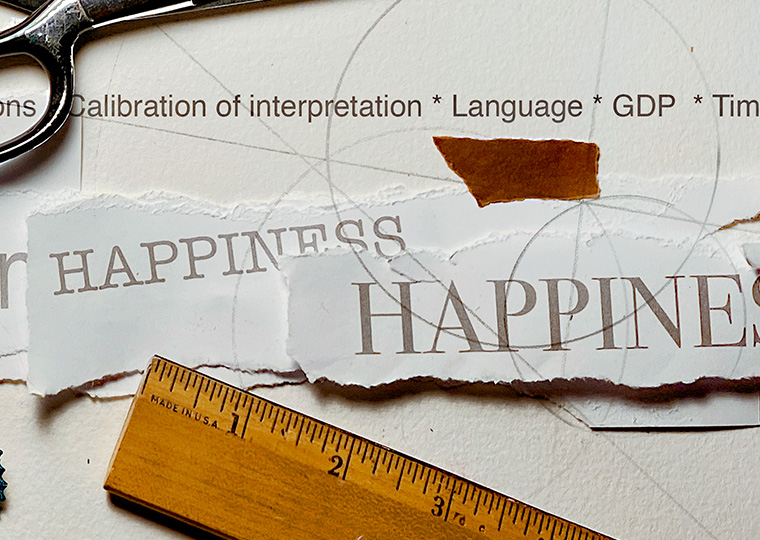Notable differences in death rates; it appears candidates factored in voter gender bias
There is a deep reservoir of research exposing how gender bias impacts voters’ perception of candidates.
Female politicians are often viewed as being less effective (they’re judged more critically) than male politicians, who are more easily associated with decisiveness and strength. That can compel women to govern with an increased sensitivity to the threat of backlash from voters.
The November 2020 mayoral elections across Brazil gave the Inter-American Development Bank’s Juan Pablo Chauvin and UCLA Anderson’s Clemence Tricaud a ripe petri dish to explore the extent to which gender bias among voters may play into policy decisions among mayors up for reelection.
Opt In to the Review Monthly Email Update.
In Brazil, municipalities have significant autonomy over the implementation of health care policies and, notably, the nation’s then-President Jair Bolsonaro had been reluctant to implement COVID-19 containment measures.
That put mayors at the front line of deciding how to respond to COVID-19. Chauvin and Tricaud note others’ research that found policy decisions made in crisis near an election (Ebola, natural disasters, terrorist attacks and the COVID-19 pandemic) tend to resonate with voters, upping the odds that mayoral candidates knew their COVID-19 policy might be a driver of voter choice. There’s also a two-term limit for mayors in Brazil, which enabled the researchers to isolate COVID-19 policy among mayors running for reelection compared with those who had termed out.
Chauvin and Tricaud’s working paper lays out the case that female and male mayors running for reelection in 2020 may have been influenced by how they anticipated voters would judge their COVID-19 policies.
The researchers analyzed COVID-19 policy in the nearly 1,000 municipalities where either a female candidate narrowly beat a male candidate in 2016, or a male candidate narrowly beat a female candidate. By focusing on close races, the authors can compare municipalities that are similar in every aspect, except the gender of the mayor. They also show that narrowly elected female and male mayors have other similar characteristics such as political experience, education or political orientation, making the researchers confident they are capturing the impact of the mayor’s gender.
Their analysis shows a very different evolution in the number of COVID-19 deaths and in mayors’ policy choices in female-led municipalities compared with male-led municipalities. Namely, female-led municipalities experienced more deaths and female mayors were less likely to impose business lockdowns compared with their male counterparts in the early going, when there was heightened uncertainty about the risk posed by COVID-19 (ergo, blowback risk was high).
This reversed during the second wave in the fall. Amid clear evidence of the health risk, female-led municipalities experienced fewer deaths and female mayors were more likely to impose restrictions, relative to male mayors.
Digging further, Chauvin and Tricaud found that these divergent gendered choices early and late in the year were driven by mayors who were up for election. The authors find no gender differences in the evolution of the number of deaths when looking at term-limited mayors who did not have to face their voters at the end of the year. Moreover, they also find that the gender differences are higher in places where you expect stronger gender norms and voters’ bias, as evidenced by a larger gender wage gap on the labor market. All together, these results are consistent with voters’ gender-biased assessment leading female and male mayors to adopt different electoral strategies.
“These results suggest that gender differences in leaders’ behavior do not necessarily stem from gender differences in policy preferences. Instead, they can be driven by leaders’ incentives to adapt their policy choices to voters’ gender-biased expectations,” Chauvin and Tricaud write.
When Policy Collides with Political Pragmatism
Chauvin and Tricaud studied mayoral policy initiatives and COVID-related death data from the beginning of the pandemic in March 2020, through the Nov. 15, 2020, elections and up to the start of the next administration on Jan. 1, 2021.
They found that in the virus’s first wave (April and May) when the ferocity of the health risk was not yet fully known, the death rate from COVID-19 in municipalities run by female mayors was three times higher than the death rate in male-run municipalities. Additional evidence supporting the fact that these effects come from mayors’ policy choices show that female mayors imposed business closures an average of 33 days later than their male counterparts.
Toward the end of the year, once the health consequences of the crisis had fully materialized, female-led municipalities experience 41% fewer deaths than male-led municipalities and it was male mayors who were less likely to shut down nonessential businesses. Chauvin and Tricaud found that “commerce restrictions” were in place seven more days in both October and November in female-led municipalities during the run-up to the election.
Chauvin and Tricaud provide additional supporting evidence for the gendered response through anonymized cellphone data that gives a hint of who was sheltering at home and who wasn’t. Throughout most of 2020 there was no difference in male- and female-led municipalities, but in the two days before the election, residents in female-led municipalities were 12% and 17% more likely to stay at home than residents in male-led municipalities. This provides additional evidence that male mayors were more likely to relax containment efforts at the end of the year, compared with female mayors.
The researchers suggest this is in line with the political reality that female mayors, highly attuned to potential gender-biased blowback, had lower incentive to impose restrictions in the early, murkier days given the increased risk of making the wrong call. Then, at the end of the year, once the gravity of the crisis is salient to voters, female mayors, who voters may perceive as less efficient leaders, could not afford to relax containment efforts.
Featured Faculty
-
Clemence Tricaud
Assistant Professor of Economics
About the Research
Chauvin, J.P., Tricaud, C. (2022). Gender and Electoral Incentives: Evidence from Crisis Response.






